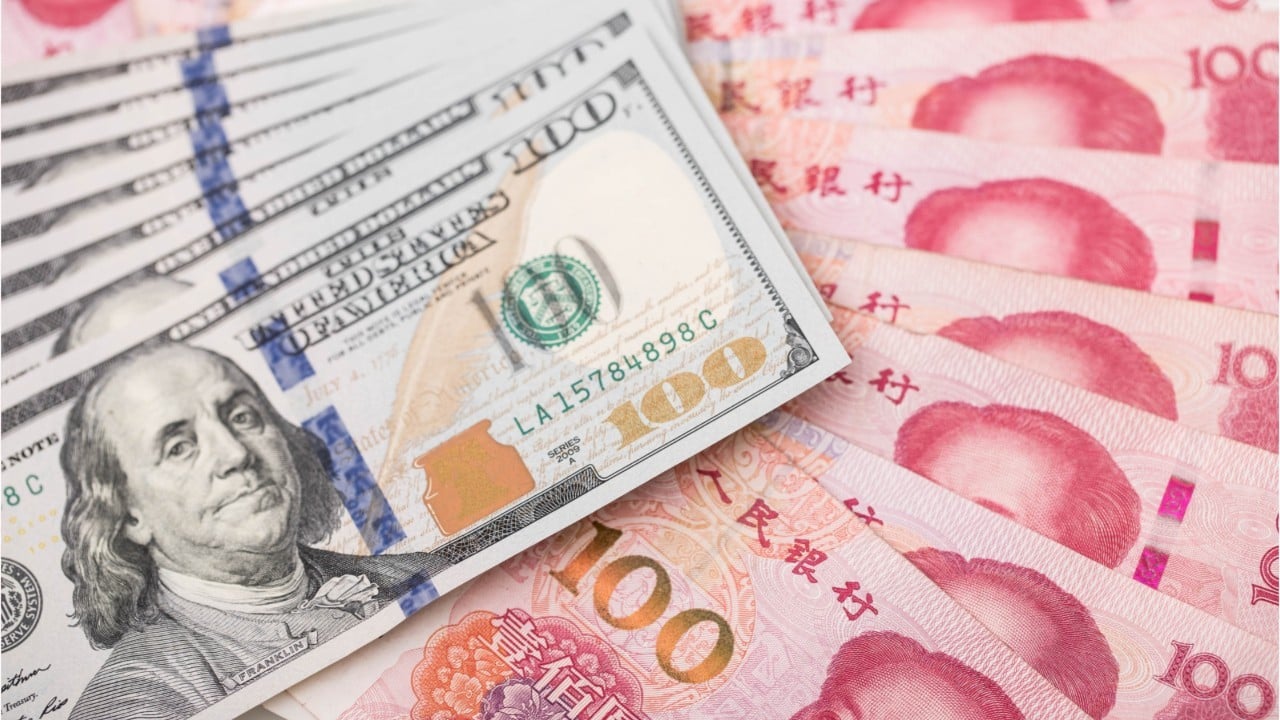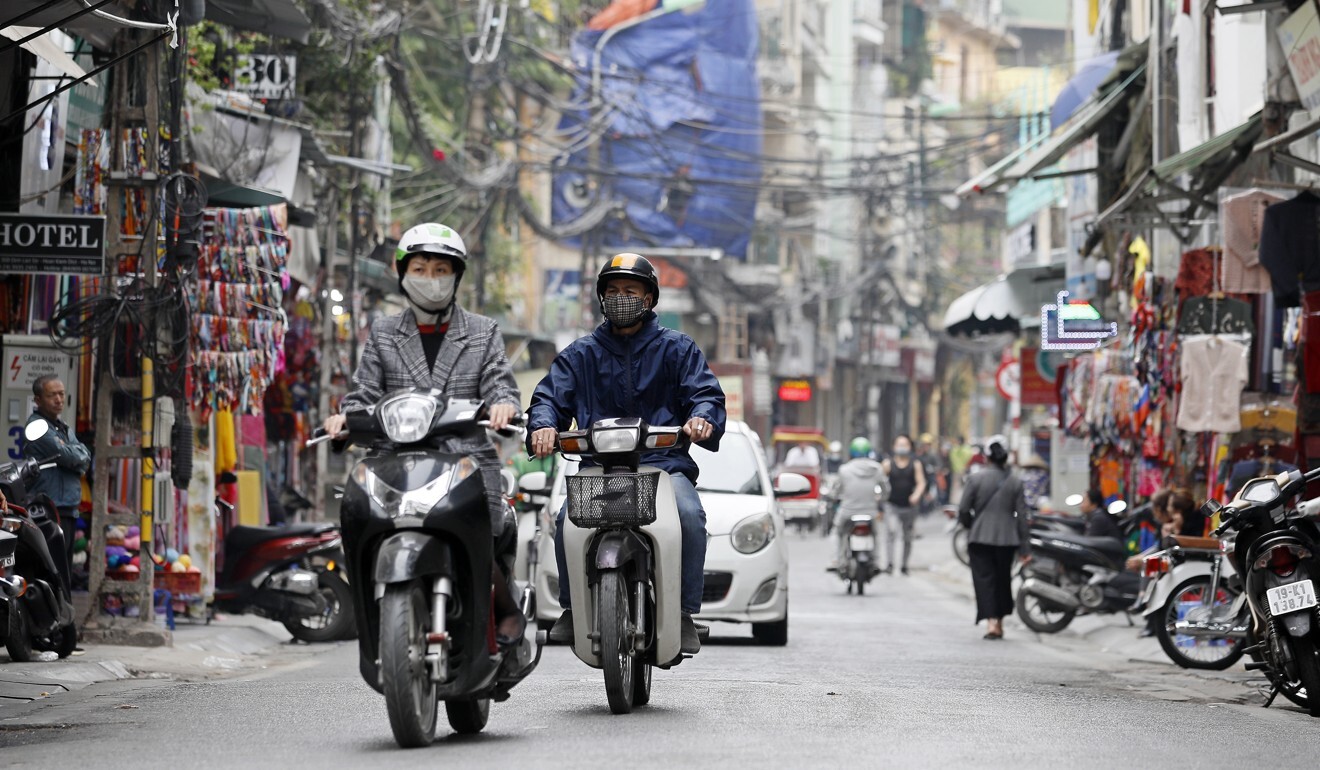
US accuses Vietnam of currency manipulation, adds India, Taiwan, Thailand to watch list
- Vietnam was named alongside Switzerland as having intervened deeply in currency markets to prevent effective balance of payments adjustments, US Treasury said
- It also added three new countries to its ‘monitoring list’ that already includes China, Japan, Korea, Germany, Italy, Singapore and Malaysia
In response to the allegation by the US Treasury, the Swiss National Bank said it does not manipulate its currency and its monetary policy approach would be unchanged, adding that it “remains willing to intervene more strongly in the foreign exchange market”.

01:16
Is China a currency manipulator?
Vietnam’s trade ministry declined to comment on the report and referred questions to the foreign ministry.
The Treasury also said its “monitoring list” of countries that meet some of the criteria has hit 10, with the additions of India, Taiwan and Thailand. Others on the list include China, Japan, Korea, Germany, Italy, Singapore and Malaysia.
Joe Biden promises to tackle China’s ‘unfair trade practices’
The US agency’s semi-annual currency manipulation report said that at least part of Vietnam’s foreign exchange intervention was aimed at pushing down the dong for a trade advantage, while at least part of Switzerland’s action was aimed at pushing down the Swiss franc to prevent effective balance of payments adjustments.
A senior US Treasury official said both Vietnam and Switzerland had exceeded Treasury’s three measurement criteria by a “substantial margin”.
US Treasury Secretary nominee Janet Yellen could alter the findings in her first currency report, which is due in April.
“They are not implicated in this. This is a decision of the Trump administration,” the official said.
US-backed Mekong monitoring project set to test China’s patience
To be labelled a manipulator by the US Treasury, countries must at least have a US$20 billion-plus bilateral trade surplus with the United States, foreign currency intervention exceeding 2 per cent of gross domestic product and a global current account surplus exceeding 2 per cent of GDP.
The Treasury said Switzerland’s foreign exchange intervention totalled 14 per cent of GDP.

Vietnam, which has seen a rush of foreign investment by companies seeking to avoid US tariffs on Chinese goods, saw intervention of more than 5 per cent of its GDP, it added.
The Treasury official said the US wants to work cooperatively with both countries to bring them back below the manipulation thresholds and declined to speculate on whether the process could lead to US tariffs on their goods.
Among remedies specified in US laws governing the currency report are limiting offending countries’ access to US government procurement contracts and to development finance.
Vietnam could be hit with tariffs under a separate investigation by the US Trade Representative’s office now under way into the causes of an undervalued dong. The Treasury findings could influence this probe and some in the business community fear that Trump may move quickly on it.


